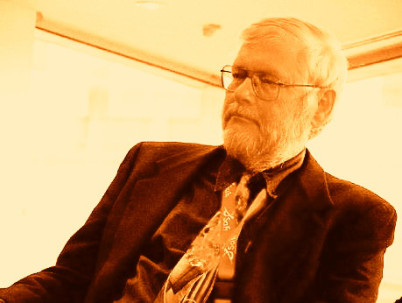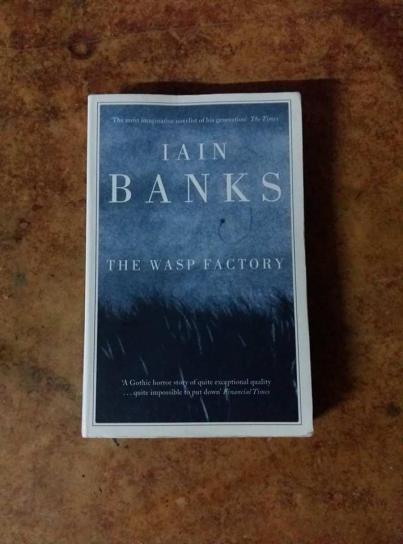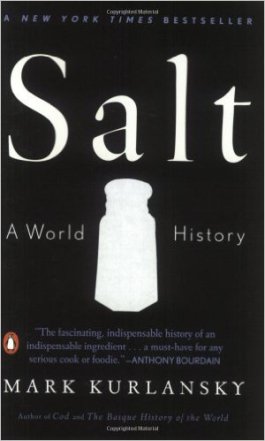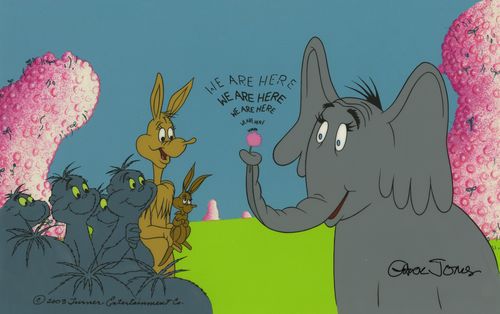“You don’t want to think when you’re writing. You want to stop thinking and just go on inspiration.” —Garth Stein
Gregory Benford is an astrophysicist and a science fiction writer. He is best known for his Galactic Center Saga, beginning with In the Ocean of Night (1977). Benford says that, though he is a rational scientist, he relies heavily on unconscious intuition when writing fiction. When he began writing In the Ocean of Night in the summer of 1975, he followed an unconscious, unplanned process that, he said, unfolded as “a series of revelations.”
 Gregory Benford
Gregory Benford
Benford had written his way to the midpoint of the novel when a stunning plot twist came to him out of the blue — a shocking surprise that was exactly what he needed at that point in the story. It was brilliant — and completely unforeseen. As Benford pondered the plot twist, he realized he had unknowingly planted clues throughout the first half of the book. The plot twist would be absolutely fitting and would play fair with the reader by being set up beforehand — yet the reader would not see it coming any more than Benford had.
How had he managed to plant those clues when he wasn’t even conscious of where the clues were leading him? Answer: Benford’s unconscious mind knew all along. But he had to write half the novel in order for his conscious mind to catch up to what his unconscious mind already knew.
“It was that kind of assembly work,” he later said, “in which you slowly understand what is going on. . . . This seems to be the way that I have to write books. It takes a long time to put together the ideas and figure out what it means.”
As we learn to rely on the power of the unconscious mind, we discover a completely new way of imagining, creating, and writing. Our stories, scenes, dialogue, and emotions spill forth with compelling energy from the depths of the uninhibited, unconscious mind.
This doesn’t mean the conscious mind — the intellect — is unimportant. The conscious mind is the critical and analytical part of us, not the creative part. Creativity springs from the Muse. To write truthful and compelling fiction, we must understand the role of the unconscious mind — and allow the unconscious to drive the process.

Don’t try to analyze what the unconscious mind is doing. “The unconscious more than anything hates being dragged into public,” observed science-fantasy writer C. L. Moore, adding that the unconscious “can’t work under the inspection of the conscious mind.”
Great writers understand that art (as filmmaker Jean Cocteau observed) “is a marriage of the conscious and the unconscious.” Garth Stein, author of The Art of Racing in the Rain, explains how the conscious and unconscious work together. “The trick with writing,” he said, “is that there’s an art to it and there’s a craft to it. The craft of writing is all the stuff that you can learn through school, [going] to workshops and [reading] books. Learn characterization, plot and dialogue and pacing and word choice and point of view. Then there’s also the art of it which is sort of the unknown, the inspiration, the stuff that is noncerebral.”
As you write, don’t think. Fantasize. Daydream. Play with ideas. Let your unconscious mind take control of your story. Let it give life to your characters. Let it plan the hidden twists and turns of your plot.
“The best thing to do is to loosen my grip on my pen and let it go wandering about.” —Machado de Assis
For more insight on how to write faster, write freely, and write brilliantly, read my other books for writers:

Discover the uninhibited creative power to write faster and more brilliantly than ever before. Read Writing in Overdrive: Write Faster, Write Freely, Write Brilliantly by Jim Denney, Kindle edition $3.99. [Trade paperback edition $7.75]
 And for a 90-day supply of inspirational and motivational writing insight, read Muse of Fire: 90 Days of Inspiration for Writers by Jim Denney, Kindle edition $2.99. [Trade paperback edition $14.95]
And for a 90-day supply of inspirational and motivational writing insight, read Muse of Fire: 90 Days of Inspiration for Writers by Jim Denney, Kindle edition $2.99. [Trade paperback edition $14.95]
Discover how to conquer the eight most common writing fears. Read  Write Fearlessly! Conquer Fear, Eliminate Self-Doubt, Write with Confidence by Jim Denney, Kindle edition $3.99. [Trade paperback edition $7.99.]
Write Fearlessly! Conquer Fear, Eliminate Self-Doubt, Write with Confidence by Jim Denney, Kindle edition $3.99. [Trade paperback edition $7.99.]
These books are designed to motivate you, get you writing with confidence and enthusiasm, and propel you toward your goals and dreams.
Share this:





